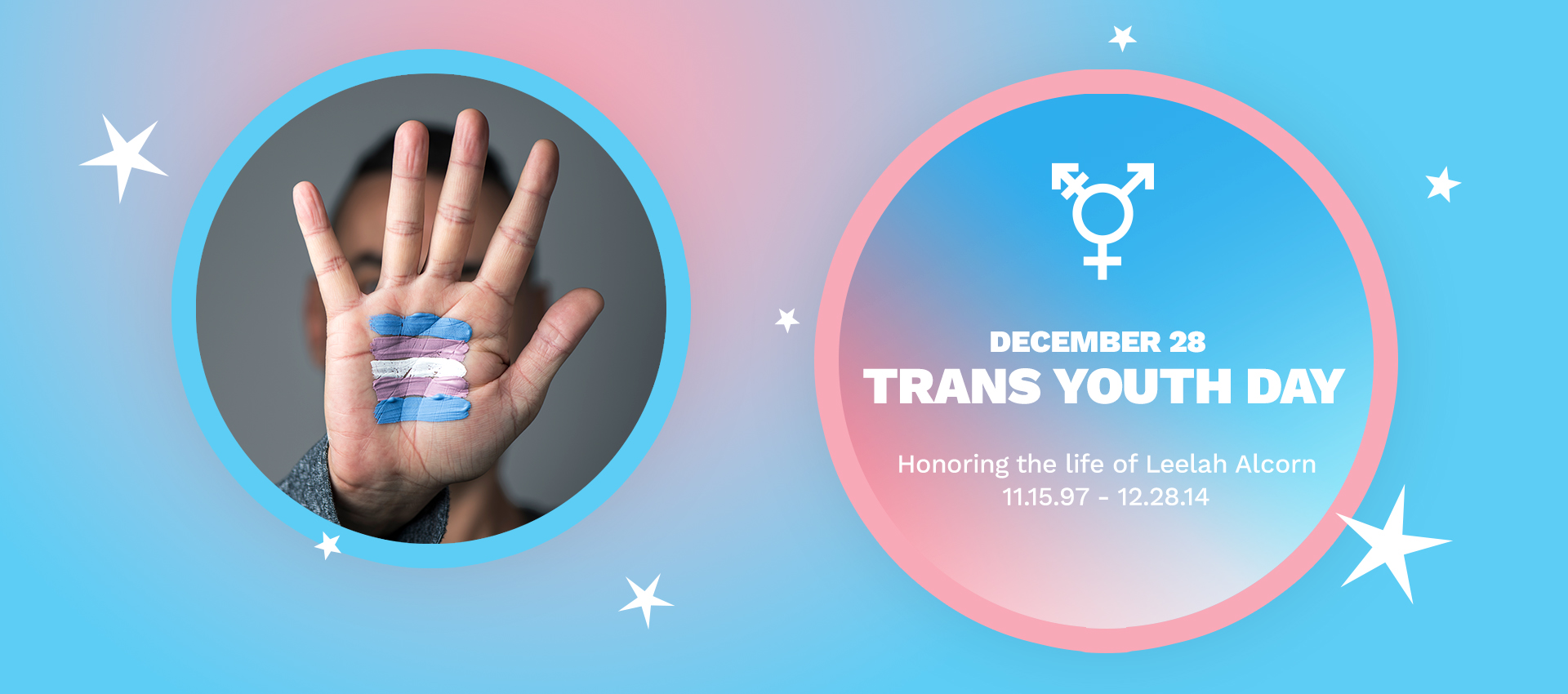Meeting the needs for transgender clients
Transgender people face many barriers or challenges when accessing quality health care, especially for reproductive and sexual health. Many transgender clients may face discrimination or refusal of services. Often healthcare providers (or even transgender clients themselves) assume that they don’t need services, such as pelvic exams or contraception. That’s not true. Transgender clients face unmet needs when it comes to their reproductive health. Family planning services are essential for transgender clients to be empowered by their sexual and reproductive health.
What are the unmet needs for transgender clients regarding their reproductive health?
Transgender clients face many unmet needs and barriers when it comes to their reproductive health as a result of discrimination, assumptions, and reluctance to treat. This includes but is not limited to:
- Preventative cancer screening based on body parts, regardless of gender, for breast, cervical, and prostate cancer screening
- Birth control for transgender men who have sex with men, who are at risk for unintended pregnancy
- Lack of relevant reproductive health information
- Lack of appropriate clinical knowledge from healthcare providers
What are the available family planning services for transgender clients?
To help meet the needs for transgender clients, family planning services are the same that cisgender clients receive, such as:
- Annual OB/GYN exams
- Birth control
- Breast and cervical cancer screening
- Emergency contraception
- Reproductive health education and counseling
- Pregnancy testing and counseling
- STI testing and treatment
What can healthcare providers do to help meet the needs for transgender clients?
There are variety of things that healthcare providers can do to help meet the needs of their transgender clients. Healthcare providers should:
- Follow accepted medical guidelines for transgender clients from the American College of Obstetricians and Gynecologists American College of Obstetricians and Gynecologists (ACOG) and the World Professional Association for Transgender Health (WPATH)
- Adopt policies of respect and nondiscrimination, which may include developing a clinic guide for transgender-inclusive services
- Train staff on cultural competence and nondiscrimination that includes transgender-appropriate care and inclusivity
Family planning services are essential for transgender clients to be empowered with their reproductive health. Unfortunately, fear and discrimination can prevent transgender clients from seeking or receiving the care that they need. If you are a transgender client, take control of your reproductive health today and find a healthcare provider near you.



